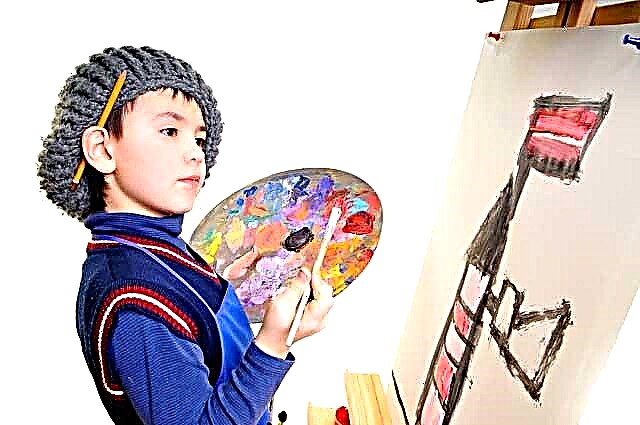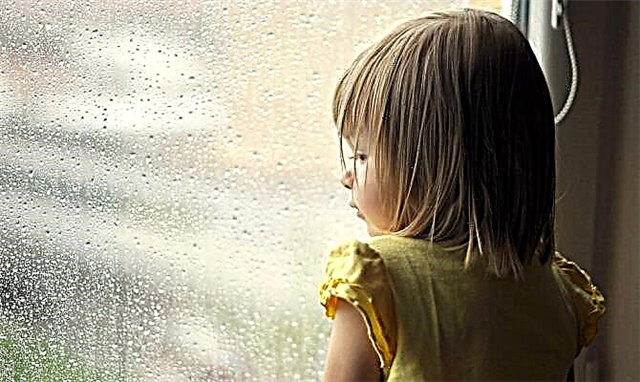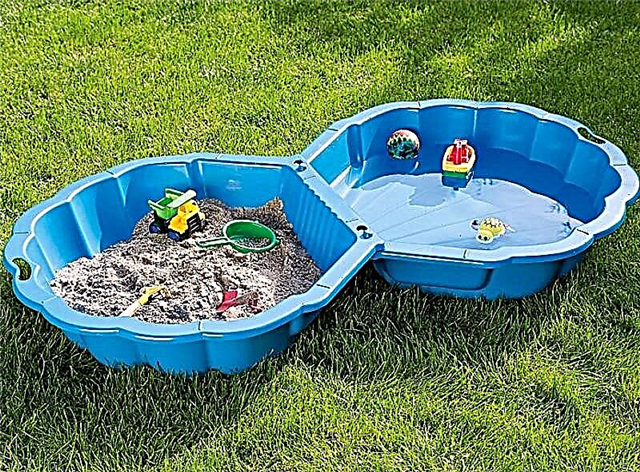
Questions that relate to spitting up in babies are one of the most common among young parents and experienced mums-dads. And all because there are practically no newborns who would not do this. According to medical statistics, 8 out of 10 toddlers do this. The difference is only in the frequency, volume and intensity of the process. The famous doctor Evgeny Komarovsky tells what to do if the baby regularly “throws out” part of what he has eaten, whether it needs treatment.


About the problem
In medicine, regurgitation has a scientific name - gas esophageal reflux. For the first time, as a medical phenomenon, it was described in the 19th century. Reflux develops mainly after eating. It manifests itself in the fact that part of the contents of the stomach is passively thrown back into the esophagus, into the pharynx and into the mouth. As a result, the baby “pleases” the mother by giving back what was eaten recently, sometimes quite abundantly.
In an adult, food most often cannot come back out, since a whole barrier mechanism of different sphincters of the esophagus is triggered. In newborns, especially premature babies, these "locking devices" are poorly developed. As they improve, episodes of regurgitation occur less frequently, and then completely disappear. Underdevelopment of the digestive system is considered the main cause of gasoesophageal reflux.

In the first months of life, such a phenomenon is considered physiologically justified, normal. In a third of babies, digestion is normalized at the age of 4 months, most toddlers stop spitting up at 5-6 months. Only in a small part of babies this is observed after 7 months, but by the year such a “late” child completely stops spitting up.
If the general condition of the child is normal: the baby is gaining weight well, the pediatrician does not see any abnormalities, and the neurologist has not made a serious neurological diagnosis, then regurgitation does not cause any harm to babies.

Treatment
There is no magic pill for this phenomenon, says Yevgeny Komarovsky. Therefore, reflux treatment is always a complex of psychological and pedagogical measures aimed primarily at parents. They, alarmed and panicked, need to understand in an accessible and understandable way that there is nothing pathological in this process, the child is not sick, does not starve, does not suffer and does not need hospitalization.
If this succeeded, then mom and dad explain another important point. Regurgitation is not vomiting. You should consult a doctor urgently if vomiting has opened, because this symptom is very dangerous for infants. With vomiting, in addition to food thrown out of the stomach (its large volume), the baby will have other symptoms. With reflux, nothing else happens to the baby except a small amount of milk or formula that has been released.
There are children with increased activity of the vomiting center, who can react with vomiting even to a slight overeating. Such crumbs need to be underfed, says Yevgeny Komarovsky, that is, to limit the time they spend at the breast. And if the baby eats an adapted milk mixture, then dilute it in a smaller amount than the age norm requires.

The main treatment for any regurgitation should be aimed at monitoring so that the child does not overeat, because he will still "throw" the excess back. In especially severe cases, drugs are prescribed to reduce gas formation - "Diflatil" or Espumisan... Often and profusely spitting up a baby, especially if reflux does not appear immediately, but after half an hour or even an hour after eating, Komarovsky advises to swaddle and put to sleep on its side so that the baby does not choke in a dream.

If the baby is outraged by the need to sleep on its side (and this is not at all uncommon!), Then you can put an adult pillow under the mattress of the crib. The back should be on this dais, but not the head of the baby. It can be laid on the back at an angle of about 30 degrees, in this position the risk of choking is minimized.

When a doctor is needed
If the child is not gaining weight well, noticeably lagging behind in development, then regurgitation needs correction, which will be thought out by a specialist after the examination. It is also necessary to consult a doctor if, after an episode of reflux, the baby behaves restlessly - it begins to cry piercingly, tighten its legs, writhe. This can occur when the esophagus is irritated by gastric juice. As a rule, this becomes possible with some pathologies of the digestive system, with neurological problems.
Mom needs to see a doctor as soon as possible if the baby belches up not just milk or mixture, but brownish or greenish liquid, as this may be a sign of a serious pathology - intestinal obstruction. Yellow masses from the stomach should also be the basis for a visit to the doctor, since they can talk about disorders in the work of the stomach or pancreas.
Be sure to visit a pediatrician should be mothers whose babies did not regurgitate for up to six months, and after 6 months, this problem has just begun. Spitting up with a fountain is also a reason to seek help from a qualified specialist.

Doctor Komarovsky's advice
If the child spits up often, parents should heed a few simple tips:
- during feeding, babies can swallow air - this is also one of the reasons for spitting up. After eating, the baby should be held vertically, leaning against your shoulder and lightly tapping with your palm on the back until the excess air leaves;
- if the baby is bottle-fed, after a preliminary consultation with a doctor, you should buy him not just an adapted mixture, but a product marked "antireflux". It contains special safe thickeners such as rice starch;
- after spitting up, you should not try to feed the baby, his digestive tract needs to be given a little rest;
- if the baby spits up through the mouth and noseit is imperative to cleanse the nasal passages from the remnants of stomach contents in order to prevent the development of bacterial inflammation;
- do not entertain the baby immediately after eating, but you need to leave him alone - so the likelihood of regurgitation is reduced.

Regurgitation is a problem that affects all breastfeeding mothers and their babies. What to do and how should mom behave in this situation? The advice from Dr. Komarovsky in the video below will help you figure it out.



